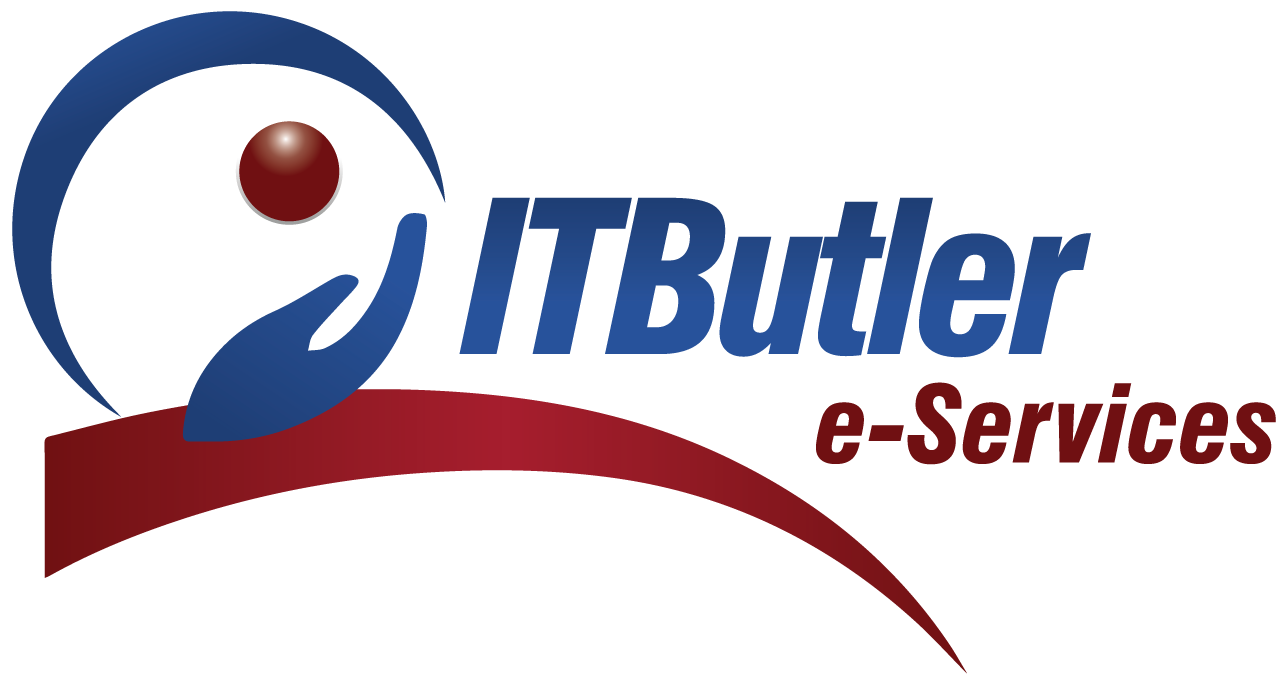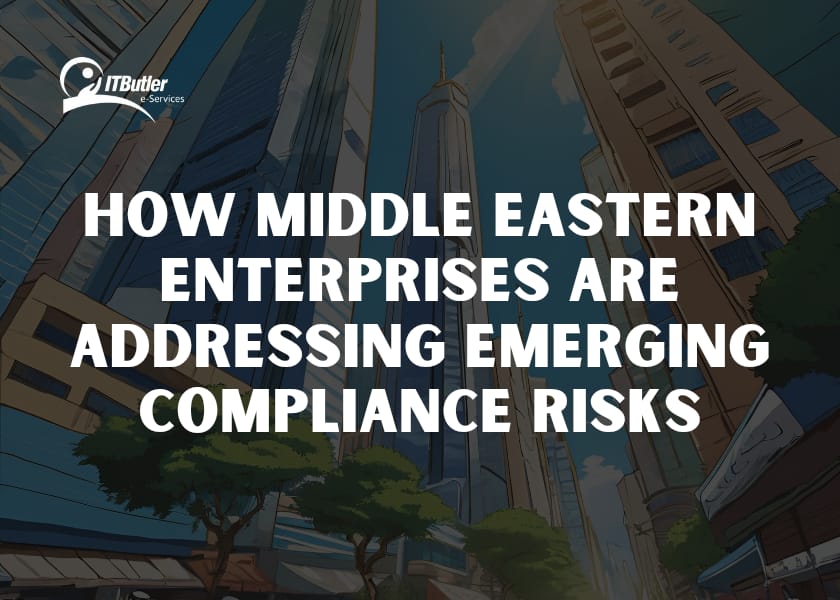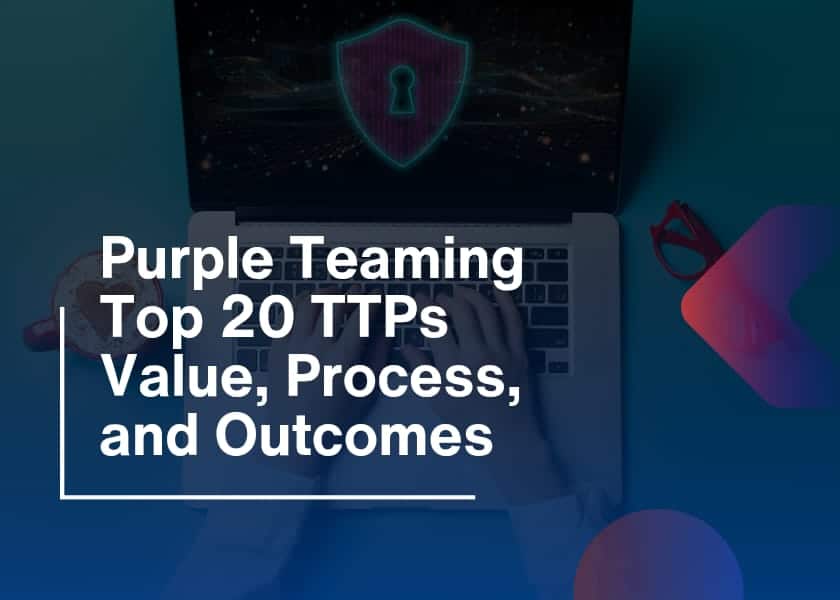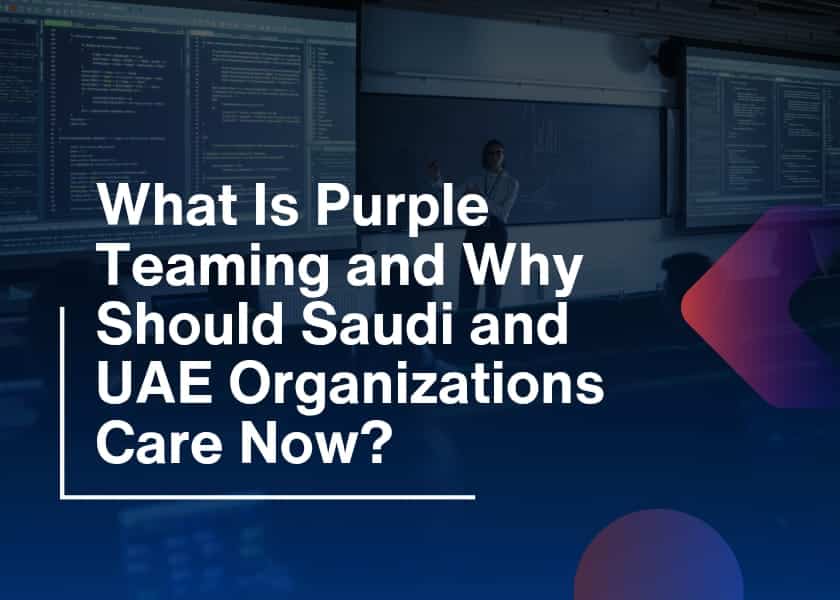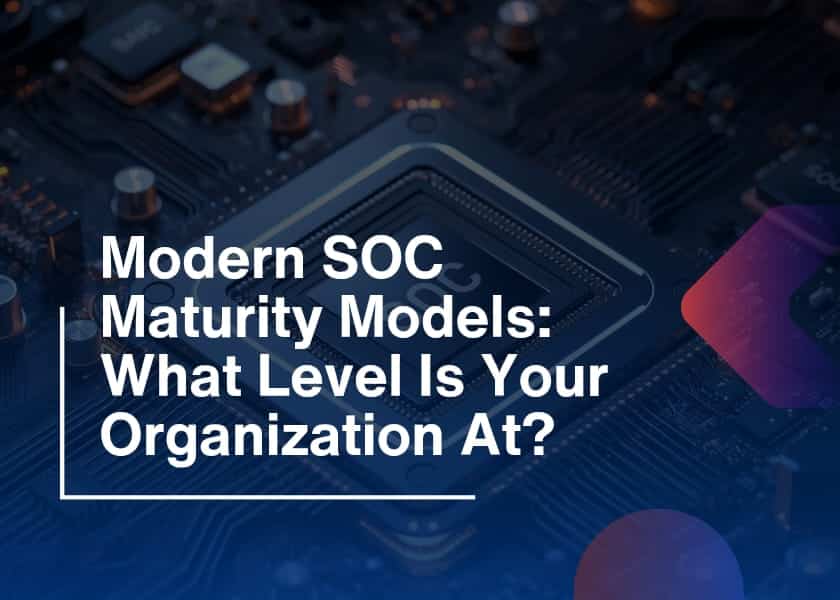Imagine you are running a profitable business in the Middle East and everything is just going with the flow. Then there is a new rule to follow and then another. Although, you will strive to overcome this situation. But, it’s no wonder that many enterprises are facing these emerging compliance risks and ever-evolving government regulations daily.
Why do these hazards even occur? Due to rapid digitalization, changing global politics, and new environmental demands, enterprises are facing unique challenges. Therefore, 39% of CEOs planned double-digit investments in cybersecurity and data privacy to counter digital threats.
So, this blog aims to examine the strategies and solutions that can help organizations mitigate risks in the Middle East. From understanding the latest GRC trends to implementing risk management practices, we’ll look at how to manage it.
Recognizing Emerging Compliance Risks In the Middle East
Companies in the Middle East are running businesses in a world where dangers are spread in terms of scope and impact.
Therefore, IT Butler is a company focused on finding risks in Middle Eastern enterprises and approaches to mitigate those hazards. Full awareness of such risks enables companies to effectively handle them. So, what are they?
1. Digital Transformation Gone Wild
Data Privacy is one of the important topics in the business rush toward digital tools. The Middle East is witnessing an explosion in e-commerce, cloud computing, and digital platforms.
However, with great digital power comes great responsibility. Therefore, enterprises are in tough situations from customer data protection to prevention against cybersecurity threats.
2. Geopolitical Twists and Turns
It is impossible to forget about the geopolitical environment that seems to be constantly shifting. However, political relations with other countries, and political unrest all tend to be dynamic in terms of compliance needs.
An example might be a company with one’s neighboring state trading, and then it all ends. Unfortunately, it becomes nearly impossible to trade with them because there are new sanctions. It’s like playing Monopoly but the rules kept changing.
3. Environmental and Social Governance (ESG)
Businesses are now under pressure to be not only profitable but also ethically sustainable. Therefore, they must reduce carbon emissions, and promote fair labor practices. Although it may sound very noble, it isn’t an easy task to do.
Companies need to balance their business to save the planet, which indicates emerging compliance risks for many.
4. Industry Specific Compliance
Some industries have to face emerging compliance risks in the Middle East. Just take the oil, banking, and healthcare sectors. These are highly regulated sectors but they have to update themselves with new regulations.
Whether it is environmental standards for oil or it is anti-money laundering for banks, compliance hurdles just seem to grow higher. For such industries, every shift in regulation brings a new emerging compliance risk.
Regulatory Framework in the Middle East
What kind of rules and regulations do companies have to follow? As we have discussed the emerging compliance risks above, now let’s have a look at the regulations under which enterprises operate.
Key Regulatory bodies
Several high and strict regulatory authorities exist in the Middle East. As Saudi Arabian Monetary Authority regulates financial institutions and the Dubai Financial Services Authority regulates financial services. Similarly, the UAE Central Bank has its own set of regulations.
These supervisory bodies revise their regulations according to the constantly developing issues of cybersecurity and financial transparency. As a result, regional businesses are learning to cope with emerging compliance risks.
Local and International Standards
In Middle Eastern companies, it’s not merely about complying with regional regulations but being responsive to global standards as well.
Further, ISO certificates are important in manufacturing and IT. As it helps to assure the quality of products and services for humans. However, complying with the GDPR is a non-negotiable condition for businesses in Europe.
Change Adaptation
The speed of change in regulations is rapid but firms are also getting smarter by learning to be flexible. Many firms have modified their approach toward building a compliance strategy.
So in the future, if regulators launch new regulations they can quickly respond by being in the safe zone. It’s like studying for a surprise quiz every single day so that you can excel.
Strategies to cope with emerging compliance risks
So what are the strategies applied by Middle Eastern enterprises to counter all these risks? They neither sit idle nor wait and watch. Instead, they are quite careful now. Let’s break it down into some of the fine strategies they do apply.
Use of Advanced Technology
In this digital age, whenever you find yourself in doubt turn to technology. Therefore, many companies are investing in AI and blockchain to stay ahead in the market.
AI helps by keeping an eye on transactions and knowing suspicious activity before it becomes a serious problem. Moreover, blockchain adds a lot of transparency to supply chains to ensure everything is up to the mark. It’s like having a super smart assistant that never sleeps.
Building Compliance Teams
Do you also consider compliance as a solo activity? Then think again. Enterprises are scaling up their business by recruiting compliance experts who know the rules and the regulations well.
As a result, they work together with third-party advisors to get a much-needed market view. It’s all about gathering the Avengers of compliance. Further, everybody has his specialized way to contribute and they tackle the bad guys (non-compliance).
Cross Border Collaboration
As most of the Middle Eastern businesses operate internationally, they must adhere to international standards.
However, It means they should interact with partners across countries to understand compliance risks. It’s like the game of chess. Therefore, every move has to be well thought and businesses must stay ahead of the competition.
Future Trends and Recommendations
Training and Awareness Programs
All technologies and teams in the world won’t help if your employees don’t know the rules. Therefore, many companies are investing in regular training programs to get their staff up to date.
After all, It’s not only about knowing the laws but also finding out why they are important. Sometimes, these training sessions even come with fun quizzes or competitions to keep things lively.
Embracing Emerging Technologies
Technology isn’t limited to AI and blockchain. It will play a dramatic role in shaping the compliance responses over the next years.
Machine learning and predictive analytics will be the new tools for managing emerging compliance risks. After all, It is man’s dream to predict a compliance risk before it happens.
More Focus on ESG
As concern for climate continues to grow, we will see even more importance for ESG compliance. Ultimately, businesses will have to be innovative in maintaining profit by reducing environmental impact. Sounds like an easy task? No, it’s not but enterprises in the Middle East are well up for the challenges.
Staying Ahead of the Game
The secret for an enterprise to remain on top of emerging compliance risks is flexibility. Therefore, don’t wait for regulations to change, try to predict them and you’ll be ahead in the competition.
In addition, networking and collaboration is a gateway to growth. Get with your partners, advisors, and competitors, and start sharing knowledge and best practices.
Conclusion
Emerging compliance risks in the Middle East are daunting but companies are proving they can face this challenge. These companies can mitigate those hazards by adopting technologies to streamline compliance processes, building a robust team, and staying proactive.
Furthermore, compliance consultants knowledgeable about best practices specific to the Middle East can provide workable solutions. Who knows? Maybe in a couple of years, compliance will not be hectic anymore.
FAQs about Emerging Compliance Risks
– What are the risks to businesses in the Middle East?
Here are the major risks that businesses came across in the Middle East:
- Digital Threats
- Supply chain disruption
- Inflation
– What are the compliance risks?
It means an organization being exposed to threats in terms of finance, or reputation. However, it may be due to violating some rules, regulations, and laws.
– How to identify compliance risk?
There are various ways to identify compliance risks including:
- Regular Audits
- Employee Output
- Third-party evaluation
- Reviews
– What are the types of compliance?
There are three types of compliance.
- Regulatory Compliance
- Legal Compliance
- Data Compliance
– What is another name for compliance risk?
Compliance risks are commonly known as integrity risks.
